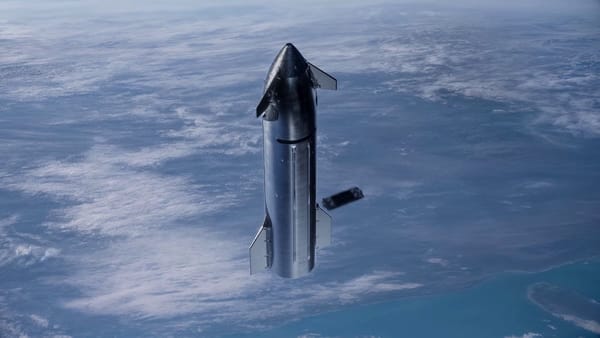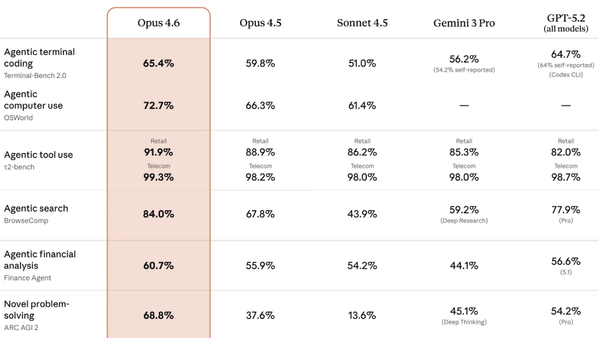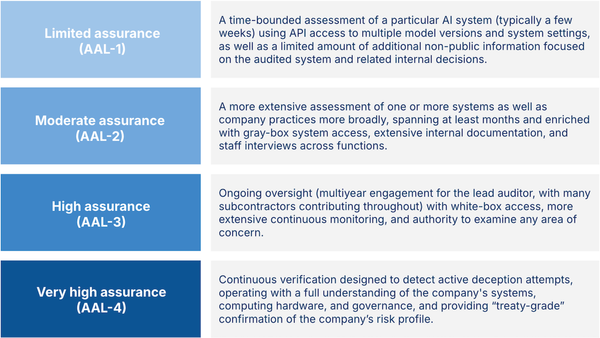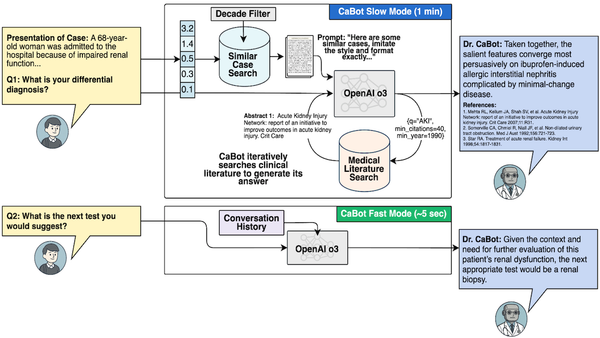U.S. Lifts Ban on AI Chips for China: Market opens for Nvidia and AMD GPUs, following a White House meeting with Jensen Huang
Nvidia will resume sales of H20 processors in China.
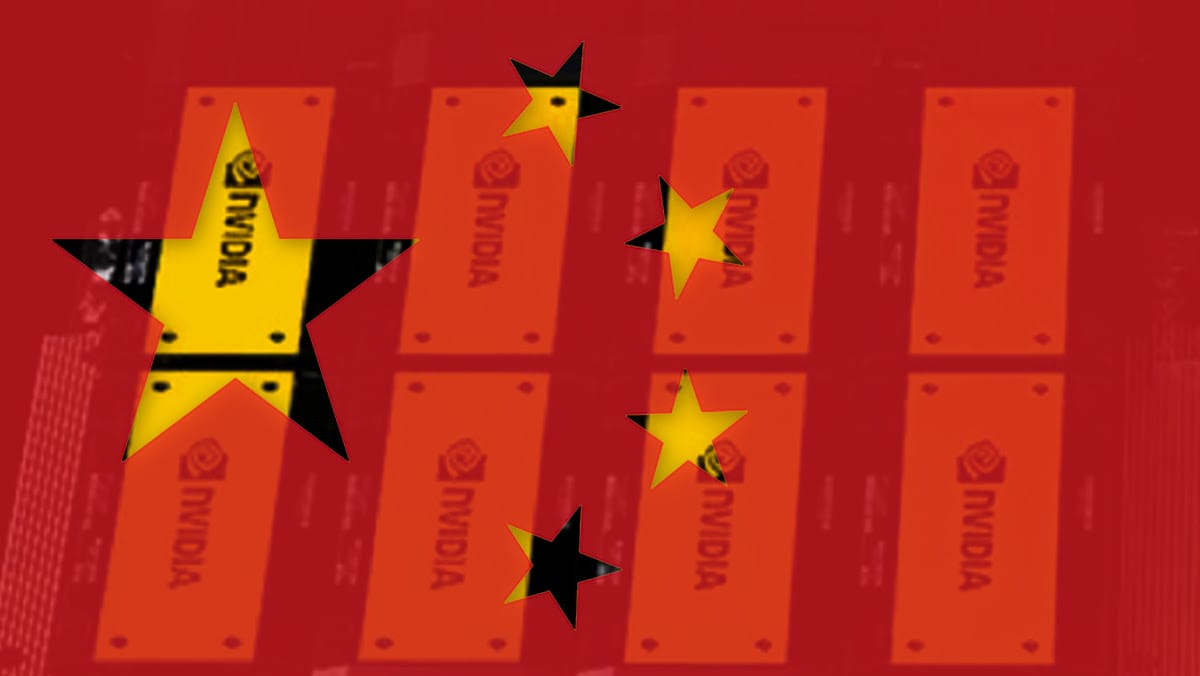
Nvidia will resume sales of H20 processors in China.
What’s new: Nvidia and AMD said they’ll resume supplying to China graphics processing units (GPUs) tailored to comply with U.S. export restrictions, including Nvidia’s H20 and AMD’s MI308, after the Trump administration, which had blocked the sales, assured the companies it now would allow them.
How it works: In April, the White House announced that shipments to China of Nvidia H20s, AMD MI308s, and equivalent chips would require export licenses, which apparently would not be forthcoming. That requirement effectively shut both companies out of China, which in 2024 accounted for 13 percent of Nvidia’s revenue and 24 percent of AMD’s. The White House’s decision to grant the licenses follows months of lobbying by Nvidia CEO Jensen Huang.
- Huang met with Trump in the Oval Office, built relationships with key White House officials, and attended a $1-million-a-seat dinner for a chance to speak with the president, The New York Times reported.
- Huang told Trump the H20 was inferior to the company’s top-of-the-line processors. He argued that the bans prevented U.S. chipmakers from competing in a critical market and assisted Chinese competitors by shutting out Nvidia, which sells more than 90 percent of GPUs globally. In addition, he agreed to spend $500 billion to fabricate GPUs in the U.S. rather than Taiwan, where they are currently manufactured.
- The White House said it relaxed restrictions on chip sales to China in part because China eased limits on shipments of rare-earth permanent magnets, which are critical to defense, automotive, and technology companies, to the U.S.
- Nvidia told customers in China that it would initially struggle to meet demand for the H20 due to limited supply, The Information reported.
Behind the news: U.S. lawmakers of both major parties aim to protect U.S. economic interests and prevent China from using advanced chip technology for military applications.
- In 2022, the Biden administration restricted exports to China of some advanced AI chips. Exports were tightened further in 2023, 2024, and by President Trump this year.
- Nvidia designed the H20 to comply with the Biden-era restrictions. Launched in 2024, the H20 provides 28 percent less processing power than the H100, Nvidia’s top of the line at the time, but more memory and memory bandwidth. The balance between downgrade and upgrade has led some analysts to question whether the H20 is actually hobbled for many purposes.
- The restrictions have met with mixed results. Chinese companies have acquired top-of-the-line chips on the black market or paid for cloud-computing access to chips located in countries where they’re available without violating U.S. export controls.
Why it matters: AI presents geopolitical opportunities for technological and economic dominance as well as challenges to military power. The U.S. export restrictions are intended to balance these elements, yet they have been largely ineffective so far. This year, DeepSeek developed DeepSeek-R1, which delivers high performance for a low development cost. H20s were among the hardware used to train that model, TechCrunch reported. Alibaba, Moonshot, Tencent, and other Chinese companies also have produced high-performance foundation models, while China has accelerated its own semiconductor industry to avoid relying on US suppliers. Relaxing the restrictions may balance U.S. interests more effectively.
We’re thinking: Ensuring national security is crucial, but so is enabling the free flow of ideas and innovation. We applaud the relaxation of trade restrictions and look forward to further contributions by developers in China and around the world.

